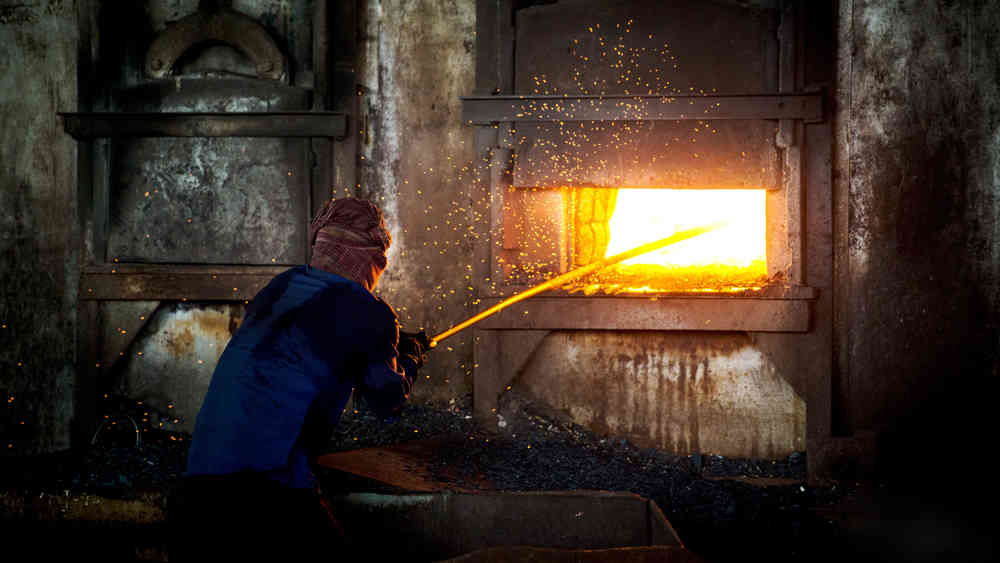India’s factory activity contracted for the first time in almost a year in June as restrictions to contain the deadly second wave of the coronavirus triggered declines in demand and output that pushed firms to cut more jobs, a private survey showed on Thursday.
The IHS Markit India Manufacturing Purchasing Managers’ Index declined to an 11-month low of 48.1 in June from May’s 50.8, moving below the 50-level separating growth from contraction.
The Services PMI had contracted in May to 46.4 for the first time in eight months —from 54 in April.
“The intensification of the Covid-19 crisis in India had a detrimental impact on the manufacturing economy,” said Pollyanna De Lima, economics associate director at IHS Markit.
Lima said: “Of the three broad areas of the manufacturing sector monitored by the survey, capital goods was the worst affected in June.”
“Output here declined at a steep rate because of a sharp fall in sales. The sector also saw the fastest contraction in buying levels and was the only to cut jobs.”
Darren Aw, Asia economist, Capital Economics, said: “The drop in India’s manufacturing PMI in June suggests that the recent plunge in new virus cases is yet to translate into a pick-up in manufacturing activity. The recovery should get back on track as containment measures are still being scaled back, but could come at the cost of a relapse further ahead.”
India Inc has been peeved with the capricious manner
in which the Centre and states have announced lockdowns but have refrained from
voicing their views vociferously.
The exception has been Bajaj Auto chairman Rahul Bajaj who has once again slammed the practice of introducing lockdowns to control the pandemic.
“Let us also hope that we do not react to the epidemic
by declaring more lockdowns, as we did the last time. For these will destroy business, employment and the economy without necessarily controlling the spread of the disease,” Bajaj said in his letter to shareholders published in the
company’s annual report for 2020-21.
“We were looking forward to another quarter of positive growth in January-March 2021. With the second wave that started in March 2021, I doubt whether we will see that growth.
“More worryingly, I am concerned about the first quarter of the 2022 financial year and what a series of state-wide lockdowns might do to businesses and economic growth.
“Let us hope that rapidly accelerated vaccinations coupled with a strict enforcement of masks and social distancing will soon bring the second wave under control,” Bajaj added.










